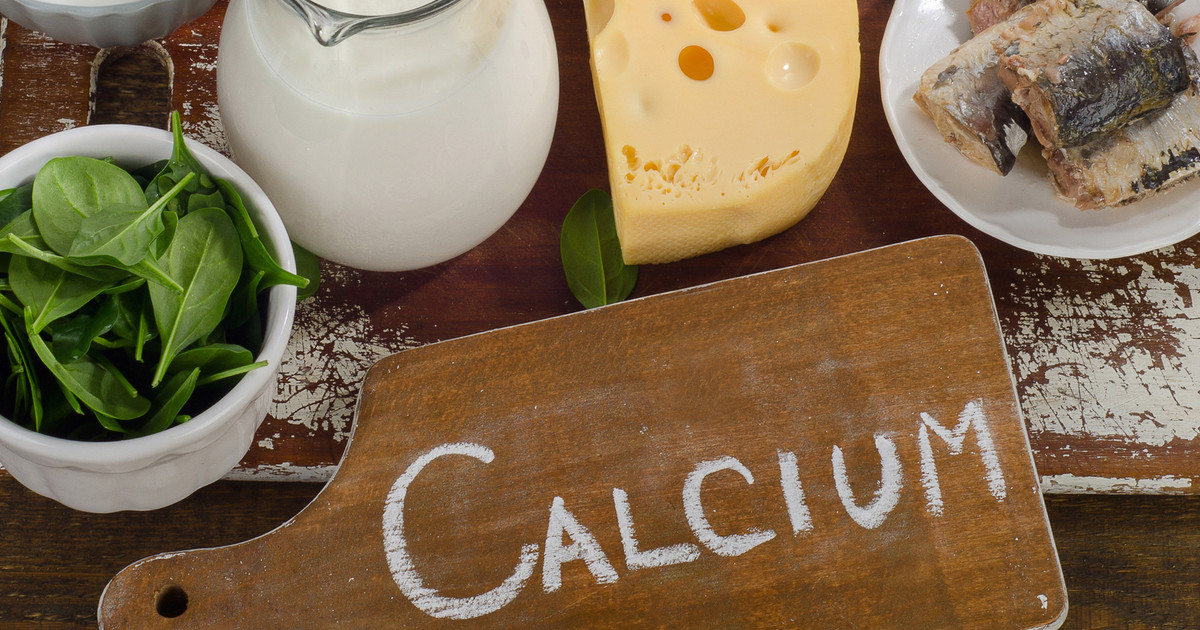Dietary Tips During Perimenopause
Every woman will go through menopause. This is when women cannot get pregnant naturally anymore and haven’t had a period in at least 12 months. The average age range for women to begin the process of menopause is between 40 and 58 years old. Shortly before menopause, women will go through what’s called perimenopause. This is when the iconic menopause symptoms start to kick in! They include hot flashes, night sweats, mood swings, fatigue, and breast tenderness. Irregular periods are quite common during menopause. The body is getting ready to stop them!
The good news is women can treat perimenopause quite easily, and with many of the same strategies used in menopause treatment. Many menopause supplements are suitable for this period and offer great hot flash relief and night sweats treatment. Of course, diet plays a big role in how the body handles aging and perimenopause.

Increase Calcium Intake
As women age, their risk of osteoporosis increases. This is why experts recommend that women increase their daily calcium intake to 1200 milligrams per day when they turn 50 years old. This is up from the previous recommendation of 1000 mg! This increase occurs because the bones have a harder time retaining calcium, so more is needed to make sure they absorb enough!
Although the rise is most often cited at 50 years old and older, there is no reason why it can’t happen earlier! Women in perimenopause, even when it starts at 40 years old, should start to increase their calcium intake. This means eating more dairy products or dairy alternatives fortified with calcium. Women can even eat more dark, leafy greens like kale for their calcium. It also often includes taking calcium supplements or a daily multivitamin with increased calcium!
Eat More Fish
Fatty fish are incredibly healthy for anyone to eat regularly. Their effect is even more pronounced in women going through perimenopause! Fatty fish like salmon, tuna, and sardines all contain high amounts of omega-3 fatty acids. Omega-3s are very healthy fats and have been connected to decreased symptoms of depression and overall better and more steady moods!
Perimenopause often involves mood swings and puts women more at risk of developing depression. Getting more omega-3s through a source like fatty fish is a great natural way to steady this out! Of course, how the fish is cooked matters. Baking fish and steaming fish are far healthier than frying. Frying fish with a small amount of healthy oil (such as avocado oil) is acceptable.

Eat Lots Of Fiber
Fiber is another powerhouse nutrient for women going through perimenopause. Food with lots of fiber help keep women fuller for longer, which means they’re less likely to give in to cravings. This boosts their chances of healthy weight loss, which is tough once they reach perimenopause! It is tough at this point because a woman’s metabolism slows down quite dramatically at this point in her life. Additionally, high-fiber foods often keep blood sugar stable, which protects against sudden mood swings due to sugar crashes!
The best high-fiber foods for women to include in their diets are bananas, raspberries, artichokes, lentils, oats, chia seeds, and whole grains. Yes, whole-grain bread and pasta are great sources of fiber and are much healthier than refined grains.